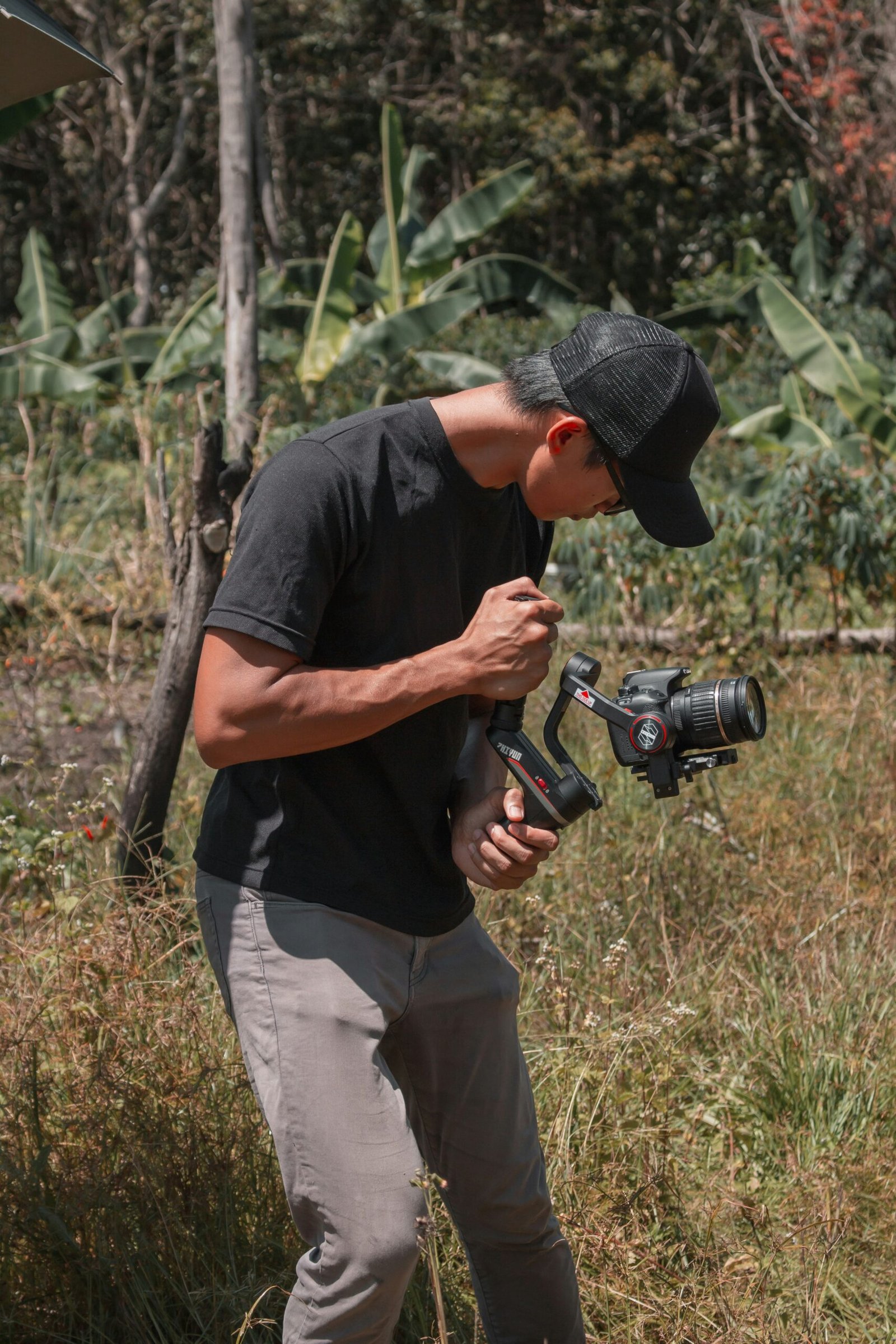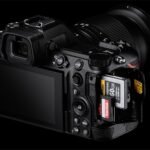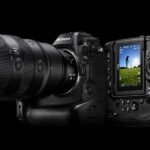Mastering Antelope Canyon Photography: Capturing Light Beams and More with Expert Tips
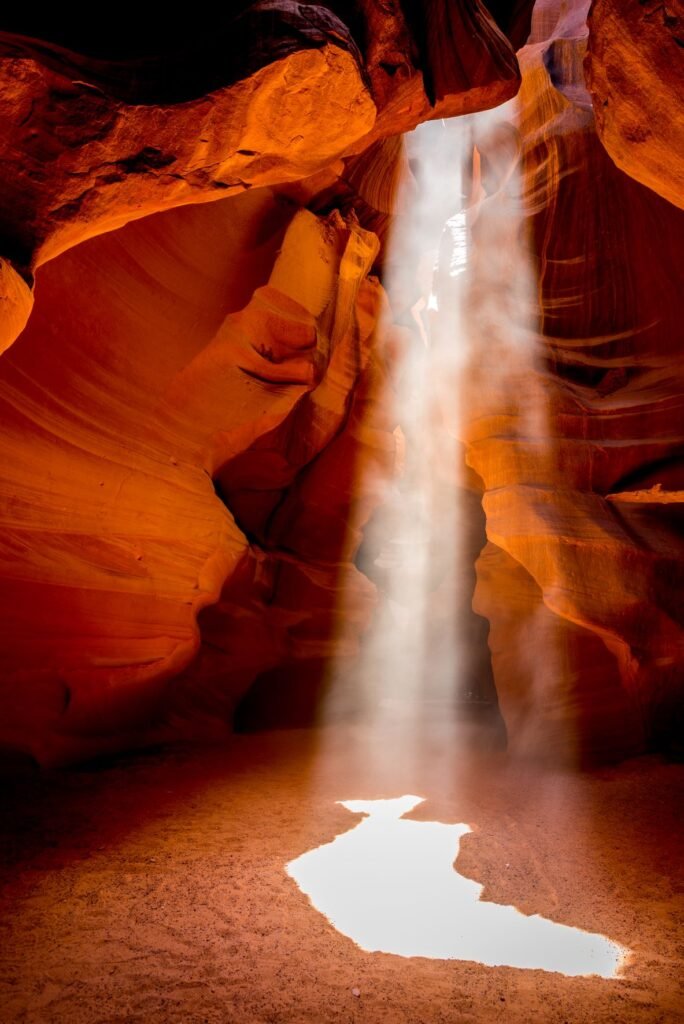
Photographing Antelope Canyon in Arizona is a unique and rewarding experience. The stunning play of light and shadows on the narrow sandstone walls makes it a favorite location for photographers. Here are some tips to help you capture the beauty of this natural wonder:
- Guided Tours: You must take a guided tour to access Upper or Lower Antelope Canyon. These tours are led by experienced guides who know the best times and angles for photography. They can also help you with settings on your camera for optimal shots.
- Timing: The best time to visit Antelope Canyon for photography is during the mid-morning or mid-afternoon when the sunlight creates beautiful shafts of light that penetrate the narrow openings. Avoid the midday hours when the light is less dramatic.
- Weather: Check the weather forecast before your visit. Rain or storms can lead to flash floods in the canyons, so it’s important to prioritize safety.
- Camera Equipment:
- Wide-Angle Lens: A wide-angle lens is essential for capturing the expansive beauty of the canyon.
- Tripod: The canyons can be quite dark, so a tripod is crucial for stabilizing your camera during long exposures.
- Remote Shutter Release: This helps eliminate camera shake when taking long-exposure shots.
- Settings:
- Use a low ISO setting (around 100-400) for minimal noise.
- Use a small aperture (f/8 to f/16) for a wider depth of field.
- Experiment with various shutter speeds, especially for capturing light beams. Long exposures (several seconds) work well.
- Shoot in RAW format to allow for better post-processing.
- Composition:
- Focus on the interplay of light and shadow and the unique rock formations.
- Look for leading lines and interesting shapes within the canyon’s walls.
- Include people or objects in your shots to provide a sense of scale.
- Respect and Patience: Be respectful of the environment and other visitors. Antelope Canyon can get crowded, so patience is key when waiting for the right moment to capture your shot.
- Post-Processing: Use post-processing software like Adobe Lightroom or Photoshop to fine-tune your images, and adjust exposure, contrast, and color balance to bring out the natural beauty of the canyon.
- Permits and Fees: Be aware of the permit and entrance fees, and make sure to obtain them in advance as they can sell out quickly, especially during peak seasons.
- Learn from Others: Study the work of photographers who have captured Antelope Canyon. This can give you inspiration and insights into the best angles and techniques.
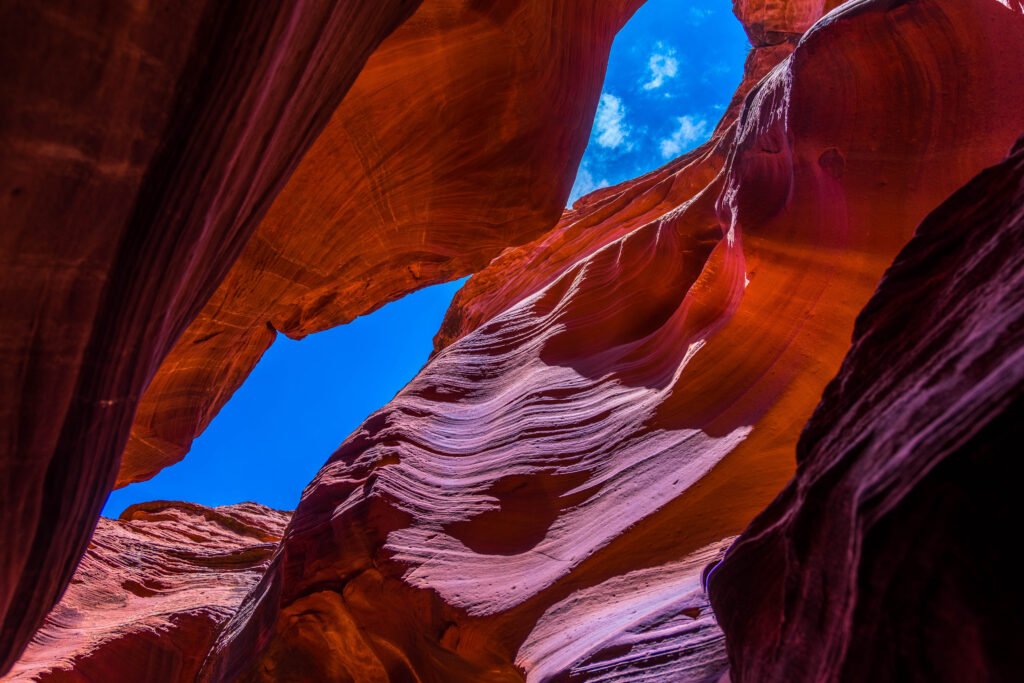
Remember that Antelope Canyon’s lighting and conditions can change rapidly, so it’s a good idea to have some flexibility in your schedule. By following these tips and embracing the unique challenges and beauty of this location, you can capture some stunning photographs of Antelope Canyon.
Final Thoughts:
In your quest to capture the breathtaking beauty of Antelope Canyon, it’s crucial to keep a few essential points in mind. Antelope Canyon is a unique and captivating place, but it also comes with its own set of challenges and considerations.
Join the Photographer’s Guided Tour: We cannot stress this enough. To get the most out of your Antelope Canyon photography experience, join a guided tour led by experienced guides. They have in-depth knowledge of the best photographic spots, the ideal times for shooting, and can offer valuable insights to enhance your photography.
Everything Moves Quickly: Antelope Canyon is a popular tourist destination, and time in each location during the tour can be quite limited. Be prepared to move swiftly to get the shots you want. Listen to your guide, and be ready to seize those magical moments.
Avoid Changing Lenses: The canyons are known for their fine, blowing sand. Changing lenses in such conditions can expose your camera’s sensor to dust, potentially leading to damage. It’s best to have a versatile lens on your camera and avoid lens changes while inside the canyon.
Expect Crowds: Antelope Canyon is a must-visit location, and many people from around the world come to witness its beauty. Expect to share the experience with other visitors during your tour. Patience and courtesy go a long way in making the visit enjoyable for all.
Take a Dust Mask: As mentioned earlier, the canyons can be dusty, and a dust mask can help you breathe comfortably while capturing your shots. It’s a practical addition to your photography gear to ensure your comfort during the tour.
With these final thoughts in mind, you’re well-equipped to make the most of your Antelope Canyon photography adventure. Joining the photographer’s guided tour, adapting to the fast-paced environment, minimizing lens changes, being prepared for crowds, and having essential gear like a dust mask will help you capture stunning images of this natural wonder. Enjoy the journey and the incredible photographic opportunities that Antelope Canyon has to offer.


